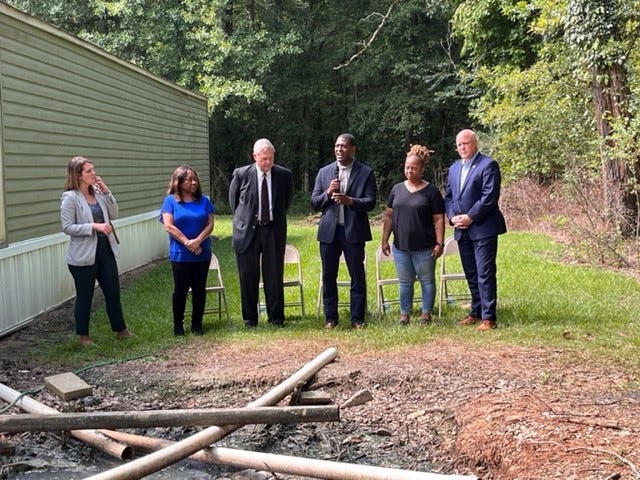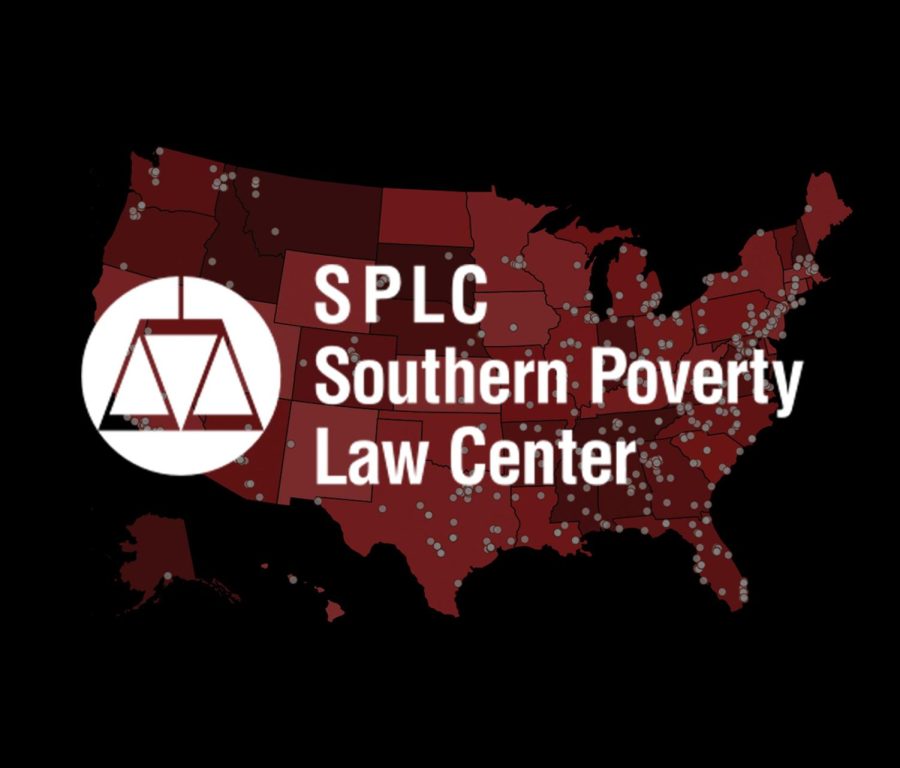SPLC: State policies keeping Black communities from sanitation funding
March 7, 2023
The Southern Poverty Law Center has filed a civil rights complaint against the State of Alabama and the Alabama Department of Environmental Management on behalf of two environmental organizations.
The way the state distributes funds for infrastructure improvement discriminates against communities of color that lack proper sanitation access, the complaint alleges.
ADEM says those allegations are “factually incorrect and baseless.” An ADEM spokesperson also said that disadvantaged communities in the Black Belt received funding from the agency at “three times the rate” of other areas.
The department says it has not been officially notified of a complaint under Title VI of the Civil Rights Act of 1964.
What we know about the Black Belt’s sewage crisis
Thousands of homes in rural Alabama are without adequate sewage systems.
In fact, Columbia University’s international research initiative estimates that 90% of septic systems in Alabama’s Black Belt are functioning poorly or are failing due to unsuitable soil conditions in the region.
When rural families live too far away to connect to municipal sewer systems, the responsibility falls on them to dispose of their own waste.
There are two options available to most people, and only one of them is legal. The first option is to install and maintain a private septic system on their property. Installation alone costs between $10,000 and $25,000. The second — which is illegal but commonly resorted to — is “straight-piping” waste into the backyard with a PVC pipe.
Several groups are operating in the Black Belt to solve the crisis, including The Consortium for Alabama Rural Water and Wastewater Management and the Black Belt Unincorporated Wastewater Program.
These programs have received support from ADEM and other state and federal agencies. Individual towns receive funding for sewage infrastructure improvements as well.
Earlier this year, ADEM and the U.S. Environmental Protection Agency announced a $10 million repair and expansion project for Hayneville’s sewage system. This funding came from the Bipartisan Infrastructure Law, the American Rescue Plan Act, and the State Revolving Fund.
What the complaint says
SPLC is representing The Center for Rural Enterprise and Environmental Justice and the Natural Resources Defense Council in the complaint, saying that the state withholds resources from the Black communities that don’t have proper wastewater infrastructure.
Essentially, ADEM manages Alabama’s Clean Water State Revolving Fund, which is a low-interest loan program intended to finance public infrastructure improvements in Alabama, but the complaint alleges that ADEM policies have made it “nearly impossible for people who need help with onsite sanitation to access this money.”

The alleged ADEM practices cited in the complaint include a point system to rank project proposals, a lack of consideration for financial need in its ranking system, a limit on “the amount of loan forgiveness it offers people with financial need” and inadequate outreach to disadvantaged communities.
The Center for Rural Enterprise and Environmental Justice and the Natural Resources Defense Council say these policies disproportionately harm Alabama’s Black residents.
“This country’s neglect of wastewater infrastructure in majority Black communities — both urban and rural — is resulting in a hygienic hell for far too many people. A hell that climate change is only making worse,” activist Catherine Coleman Flowers said in a statement.
Flowers founded The Center for Rural Enterprise and Environmental Justice in 2019 before publishing her book about growing up in Lowndes County, where the sewage crisis is prevalent.
She said in a statement on Monday that she hopes this complaint will result in “corrective action.”
ADEM’s response
The state environmental management agency vehemently denied the groups’ claims that it discriminates against Black communities that lack sanitary sewage systems.
“In fact, quite the opposite is true,” ADEM spokesperson Jerome Hand told the Advertiser in a statement on Monday. “In 2022, 34% ($157 million) of the $463 million of drinking water and wastewater funding awarded by ADEM went to Black Belt counties where 10.6% of Alabama’s population resides. Disadvantaged Black Belt areas received funding at three times the rate of other areas.”
He added that federal audits of the State Revolving Fund Programs have consistently found ADEM to be in compliance with all federal requirements, including laws against discrimination and those related to loan and principal forgiveness eligibility.







